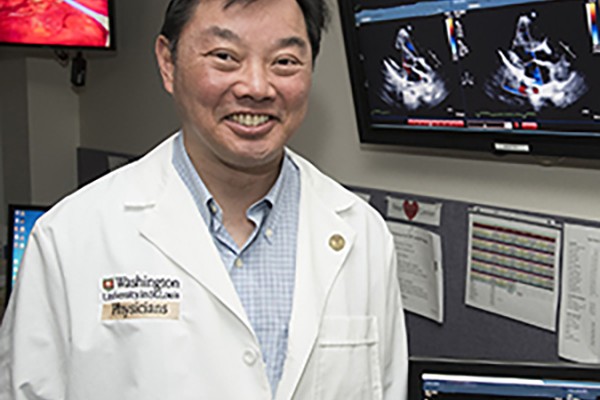Exercise for older mouse mothers lowers risk of heart defects in babies
Older mice genetically prone to bear offspring with heart defects can reduce this risk to that of younger mouse mothers with the same genetic defect through exercise alone, according to new research at the School of Medicine. The study, led by Patrick Y. Jay, MD, PhD, also suggests that the increased risk of congenital heart defects is tied to the age of the mother and not the age of her eggs.
Possible culprits in congenital heart defects identified
Mitochondria are the power plants of cells, manufacturing fuel so a cell can perform its many tasks, and also are well known for their role in cell death. School of Medicine researchers and colleagues have shown that mitochondria also orchestrate events that determine a cell’s future, at least in the embryonic mouse heart. The study identifies new potential genetic culprits in the origins of some congenital heart defects. Shown is an image of a normal heart.

